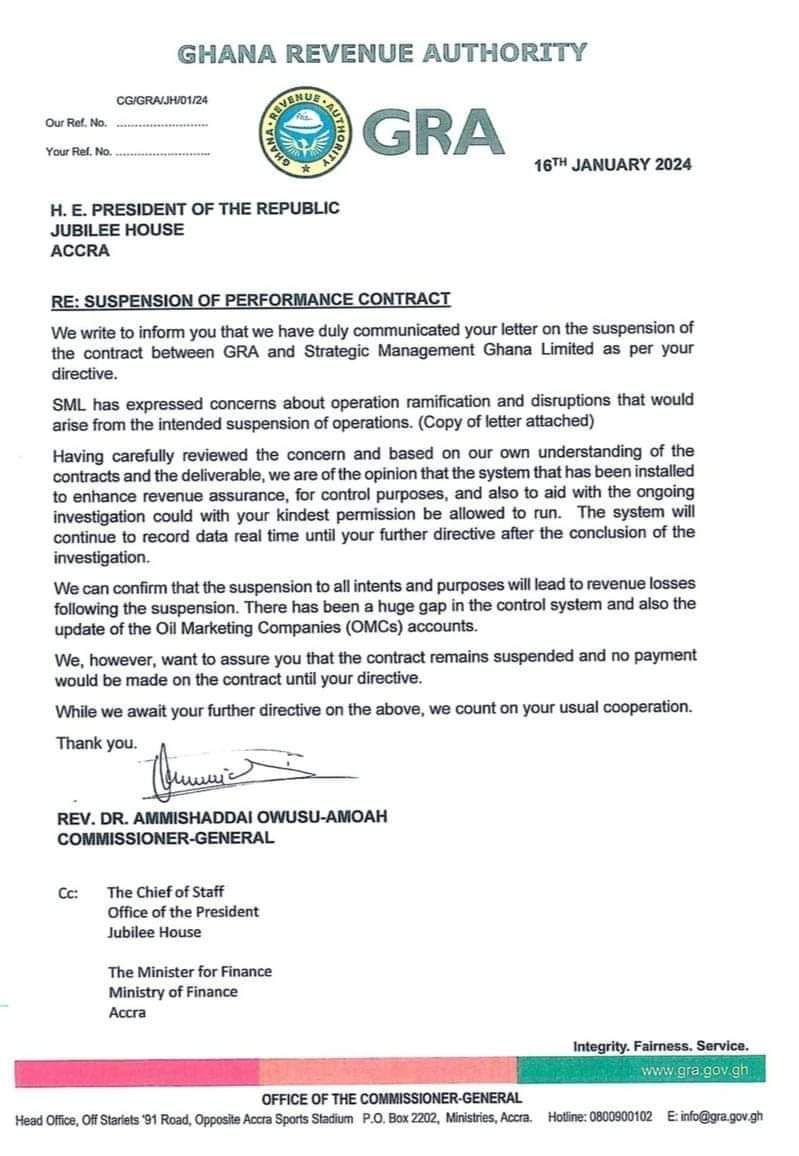
The recent audit of the Electricity Company of Ghana (ECG) conducted by PricewaterhouseCoopers (PwC) has uncovered a significant revenue discrepancy of GHS 567 million.
This discrepancy, identified in the period between October and December 2023, reflects inconsistencies between the Customer Waterfall Mechanism (CWM) and ECG’s Cash Settlement Platform.
The findings highlight concerns about transparency and efficiency within ECG’s financial management systems, which play a crucial role in Ghana’s energy sector.
READ ALSO: PURC updates public on ECG’s compliance with Cash Waterfall Mechanism
Key findings from the audit
The audit revealed that ECG under-declared GHS 567 million in revenues when comparing data from the CWM and its cash settlement systems.
The report attributes this to:
Fragmented financial systems: Outdated and decentralised platforms hinder accurate reconciliation.
Inefficient data management: Inconsistencies in integrating data between CWM and internal systems.
Weak internal controls: A lack of robust oversight mechanisms allowed discrepancies to persist unchecked.

The PwC audit underscored that such discrepancies not only undermine stakeholder trust but also exacerbate existing challenges in the energy sector.
Implications for Ghana’s energy sector
This under-declaration comes amidst Ghana’s worsening energy sector debt crisis, now exceeding GHS 8 billion.
Discrepancies in revenue reporting have a cascading impact on obligations to independent power producers (IPPs), fuel suppliers, and other critical stakeholders.
Delayed payments to these entities risk disrupting power supply and further destabilising the sector.
PwC’s report outlines several recommendations for addressing these systemic issues:
Reconciliation protocols: Establish robust reconciliation mechanisms to align the CWM and cash settlement data.
System upgrades: Implement centralised and automated financial platforms to enhance transparency.
Capacity building: Train staff in modern revenue management practices to strengthen oversight.
Periodic audits: Conduct regular third-party audits to monitor compliance and address gaps promptly.
Broader systemic challenges and way forward
Beyond the GHS 567 million discrepancy, the report highlights systemic inefficiencies, including ECG’s management of over 80 bank accounts, which complicates financial oversight.
These release of the report coincides with the inauguration of Ghana’s new president, John Dramani Mahama, and his subsequent nomination of a new Energy Minister-designate.
It is expected the John Jinapor, the Minister-designate for the energy sector, would commit to reforming the energy sector, with a focus on financial restructuring and improved policy implementation.
During his vetting in Parliament, Jinapor mentioned that he was open to privatizing ECG as a way to push for operational efficiency in the largest provider of electricity in the country.
The energy sector has been plagued by procurement inefficiencies, rising debts, and a lack of compliance with established guidelines like the Cash Waterfall Mechanism.
The audit highlights the urgency of reforms to stabilise the sector and rebuild public confidence.
Read the full PwC report below
Validation of the Electricity Company of Ghana (ECG) Revenue/Collection AccountsDownload
The post PwC audit report uncovers GHS 567 million revenue discrepancy at ECG first appeared on 3News.
Read Full Story














Facebook
Twitter
Pinterest
Instagram
Google+
YouTube
LinkedIn
RSS